This Lonely Room Is Their Refuge
This Lonely Room Is Their Refuge….
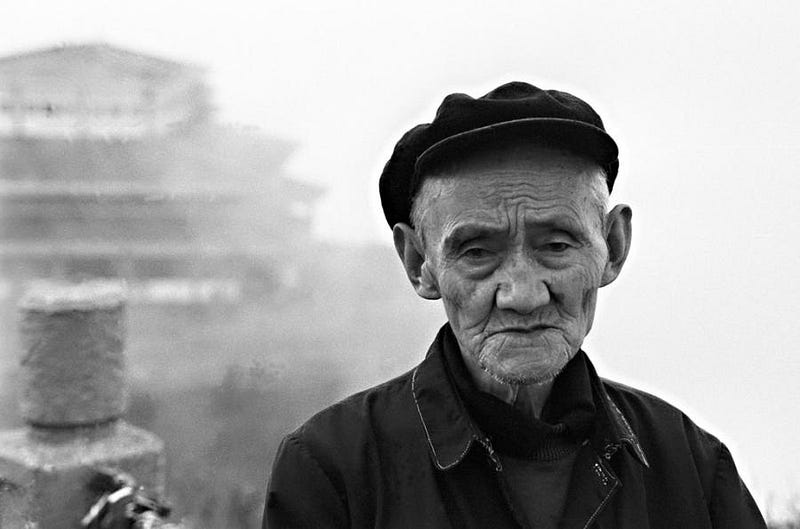
We have all read about the recent disturbingly gruesome story of the elderly couple brutally murdered in their Kolkata apartment. It is shocking but not surprising. Most of us read it, sighed over the lack of security the elderly face these days, the sorry state of affairs, thought “I should give my mother/father/grandma/grandpa a call today to see how they’re doing”, turned the page and moved on to the next story. There’s no judgement here. We all have lives to lead, livelihoods to be earned, children to raise, mouths to feed etc. Etc. But did you ever stop to think what an unnecessary loss this was? A completely preventable incident that a few easy steps could have achieved.
All around Kolkata today the story is the same: kids grow up, and move out of Kolkata in search of success. The parents selflessly give their blessings, as parents do, not for a moment considering their own helpless situation once their children move, sometimes oceans, away. Maybe at that time they weren’t as helpless as they are today. The result is an elderly couple aged 70+, or worse, a senior citizen living alone, trying their best to manage their household and outside errands on their own, battling health problems and insecurity with the help of a small band of domestic help, who in the end are answerable to no one. In a city where the jobs for educated and capable young people have dwindled this scenario has become all too common.
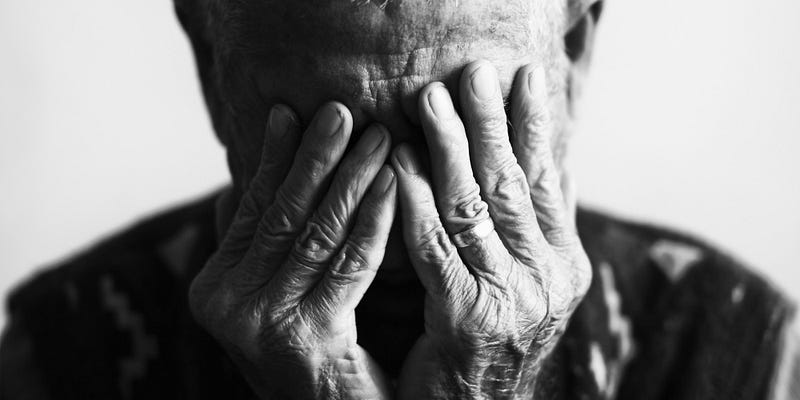
According to a report, by the United Nations Population Fund (UNFPA) published in 2011, the population of senior citizens in India aged 60 and above is around 100 million today and this will increase to more than 300 million by 2050. That is almost the entire population of the United States today. Close to one fifth are living alone. In West Bengal that percentage is 15 percent who live either all alone or with only their spouse. According to this same report, concerns of safety ranked as the third most important cause for concern after health and financial problems. And judging from the frequency of incidents like the murdered elderly couple, there is good reason.
In the first overview of wellbeing of older people around the world, HelpAge International and the United Nations Fund for Population Development prepared an index in 2013, called the Global AgeWatch Index (GAWI). India ranked 73rd among the 91 countries, while Bolivia, Chile and Sri Lanka, which have high poverty levels also, ranked much above India.
This does not bode well for senior citizens and India as a whole.
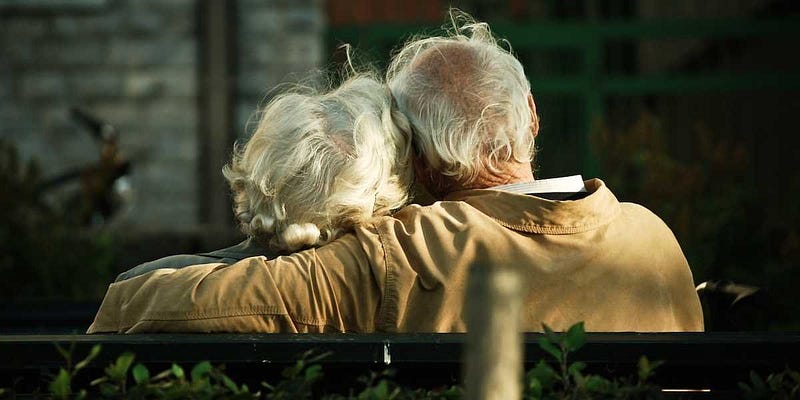
The first step is for us as a society to admit and accept that there is a problem. We also need to understand that this will not solve itself. Ideally an initiative of this scope should come from the government level, but the reality is that India is still a developing country with a burgeoning population with immediate concerns such as poverty, clean water and literacy. It will be years before a well planned policy can be implemented to show results. So something has to be done in the meantime to address this vulnerable population.
India’s first policy on the elderly came as recently as 1999 and subsequent policies while well intentioned have not been well implemented and do not benefit the elderly much. These measures mainly in the form of pension plans, healthcare plans can possibly help in reducing the financial burden to an extent. NGOs that serve the elderly, including services like the Pronam program run by the Kolkata Police, have their own limitations such as funding, dependence on volunteer workers, lack of consistency, and the lack of penetration into the market, so the results have also been limited.
In the years to come, private sector initiatives that deliver services to the elderly will have to play a leading role. These organizations can work in conjunction with NGOs, the police initiatives, as well as government programs, and bring the much needed accountability, security, professionalism and quality to the industry. It’s not one instead of the other but they must all work in conjunction to address all of the problems that the elderly face today.
Health: Prevention is better than cure. Regular health monitoring, by private service providers to the elderly, at home by trained professionals, not doctors, reduce the cost implication as well as help in early detection and treatment of health problems that will prevent costly procedures if left untreated. Geriatricians, doctors that are specially trained in the care of senior citizens and the host of diseases common to them, save the elderly person the time and effort of going to multiple doctors, thereby streamlining the visits to the doctor and the hospital, and possibly detecting and managing ailments more efficiently. Service providers can connect the senior citizen with these specialized doctors, even for visits at home if necessary. A Geriatric Department in each hospital manned with Geriatricians, is also necessary. Although this is already a part of the governments plan, this has not yet been implemented fully. With some planning private hospitals can open these units within existing frameworks, with minimal additional funding by redirecting the movement of their existing patients aged above 60.
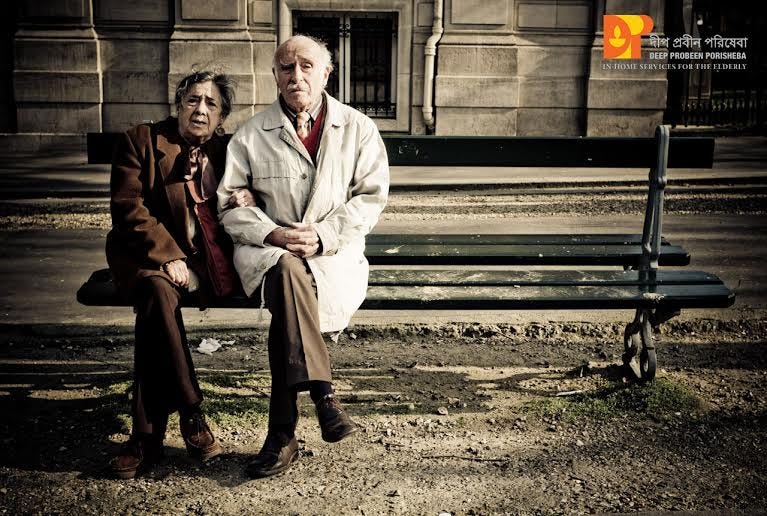
Financial problems: Financial problems that the elderly face can somewhat be alleviated by government sponsored programs for pension and healthcare. Though this is not a comprehensive financial solution in the short term, these are in the process of being revised and made more robust. This coupled with regular health check-ups for screening, early detection, and disease management serve to reduce the financial burden on senior citizens by preventing expensive procedures that become necessary for conditions left untreated.
Security: This is the third biggest concern for senior citizens and for those living alone it is crucial. In their isolation, senior citizens come to rely solely on their domestic help for their daily maintenance. Maids, ayahs, drivers, etc. But this segment of the workforce is completely unaccountable for their work and often take undue advantage of this fact. Private organizations that provide services to the elderly can step in and be that additional level of vigilance. It is one additional deterrent to anyone planning to purport a crime against a helpless elderly person or couple.
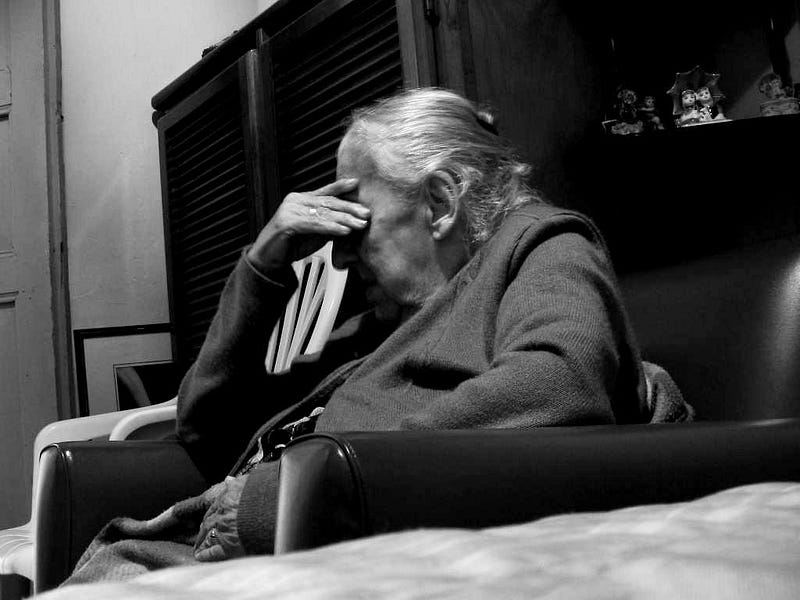
Depression: This is emerging as one of the leading diseases in the elderly with as many as one in five senior citizens being depressed. This can be linked to the isolation and loneliness that occurs due to the breakdown of the joint family system and/or health problems which result in the elderly person being unable to participate in social interaction. The UNFP report showed that involvement of the elderly in social life, whether in public meetings, organisational meetings or religious programmes is very limited, with a whopping 73 per cent of men and 88 per cent of women who said that they never socialize. The report said nine per cent have no communication and seven per cent rarely have communication with their children who did not live with them. Service providers to the elderly can help alleviate these issues by enabling the elderly to participate in social activities, giving them individual companionship, regaining lost hobbies or activities of their interest thereby improving the quality of life in the absence of their families and decreasing their risk for depression.

Private organizations in this sphere, will always fare better because of their accountability to their stakeholders. Their processes can be implemented and improved without the red tapism that plagues the public sector and NGOs. While every business should be profitable in order to sustain long term, they should also be fulfilling the expectations that society has from them when it comes to caring for their ageing members. So don’t just trust them blindly, here’s a few pointers on what you should look for:
· Do they screen and train their own staff internally and guarantee their services?
· Do they outsource to other third party providers? If they do, what steps do they take to guarantee the service.
· Are the medically trained staff certified?
· Does the company have a track record or is it a maiden venture by ambitious entrepreneurs with no related experience? According to Forbes Magazine 90% of start ups fail. You don’t want to get hooked to their services and have them shut down all of a sudden.
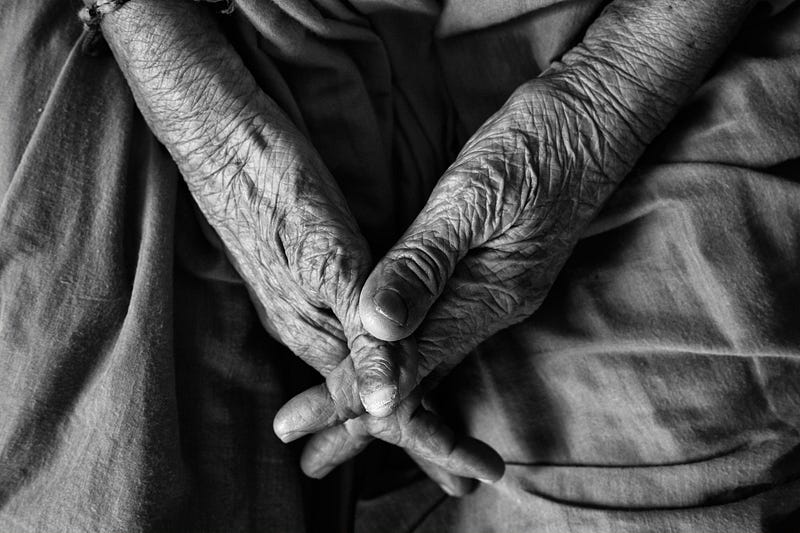
· How are they funded? Outside investors mean more stress on profit-making and volume than on quality. Outside investment also means that if the company is not making profit quickly, investors will pull out, and the company will go under.
· Are the people in charge, founders, owners or directors, residing locally and involved in day to day operations? If not services are likely to be inconsistent.
· Do they work with Geriatricians in the city? This is important because you will want access to one on a regular basis.
· Do they have doctors on staff? Do they make house calls?
· Do they have affiliations with well established hospitals?
· Do they provide emergency services? Not by sending a person to your home, but with a well equipped ambulance and trained personnel, even if it’s through a hospital’s emergency services.
· Lastly, do they pick up the phone when you call them? This is crucial. If you can’t reach out to them for help, then you are no better off than when you started.
Service providers should be able to send the same individual to the client’s home on a regular basis a minimum of 2 times a week to establish a relationship. They should always have clear identification on them. They should get involved in the household of the client to the extent that the domestic staff will come to regard them as an authority figure in the home and a trusted member of the family who represents the interests of the family.
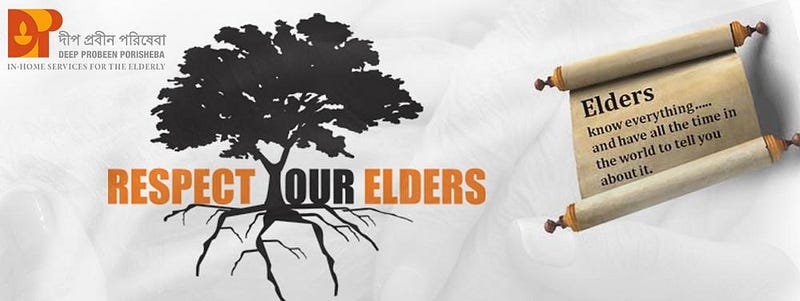
If you live far away and you are engaging these are services for your parents, insist on regular reports sent to one or more family members outside of the home. Be clear on what your expectations of them are: If you want them to monitor the coming and going of domestic staff and hold them accountable, they should be able to do that. If your concern is health related ask them what their plan is for regular health monitoring. Work with them to make contingency plans in case one or more of your household staff stop coming, and what to do in case of an emergency. This will ensure that the senior citizen is well provided for no matter what the situation.
Last, but not the least, a push must be made for awareness: awareness of the resources available for the senior citizens that includes government, NGO and private sector resources. There are plenty of ways to alleviate the problems we have if the information is disseminated in an organized manner through the various types of media. There is no easy solution for this complex problem but at least there is some light at the end of the tunnel.
(This article was first published in Ei Samay
http://dppindia.com/director-shirsha-guha-pens-elderly-care-piece-for-times-of-india/)

